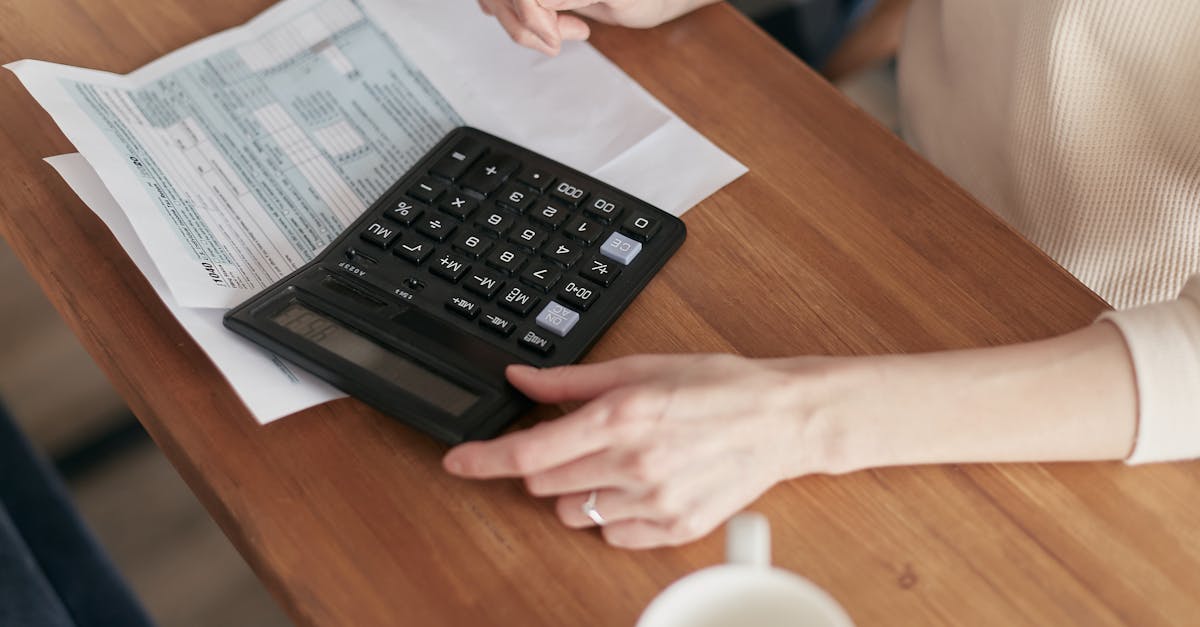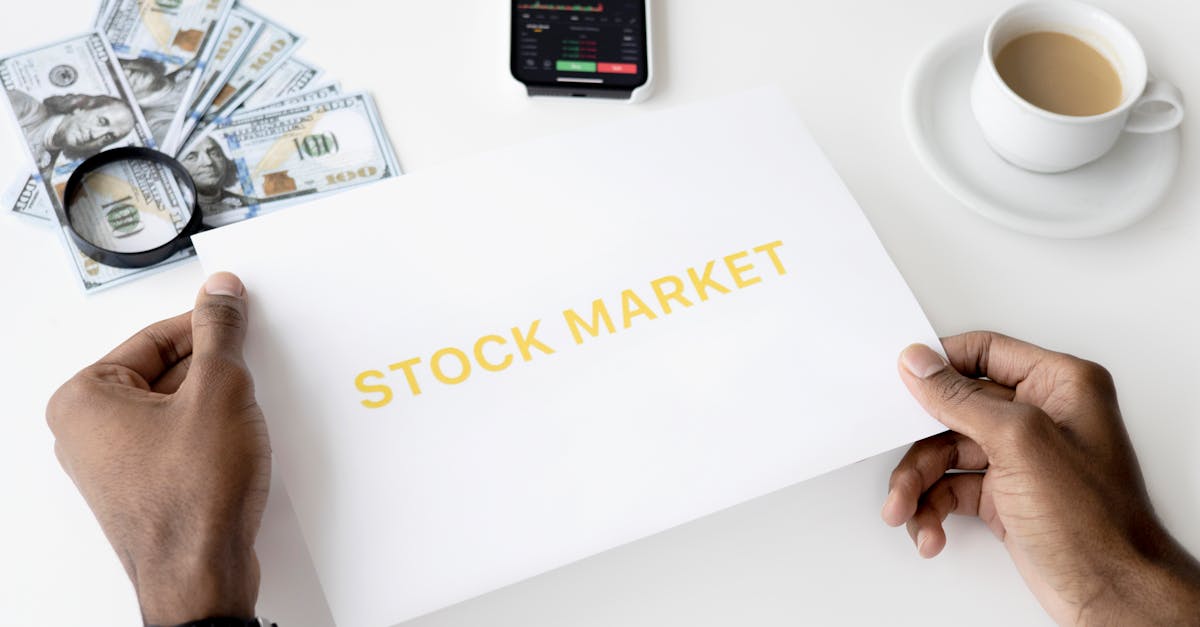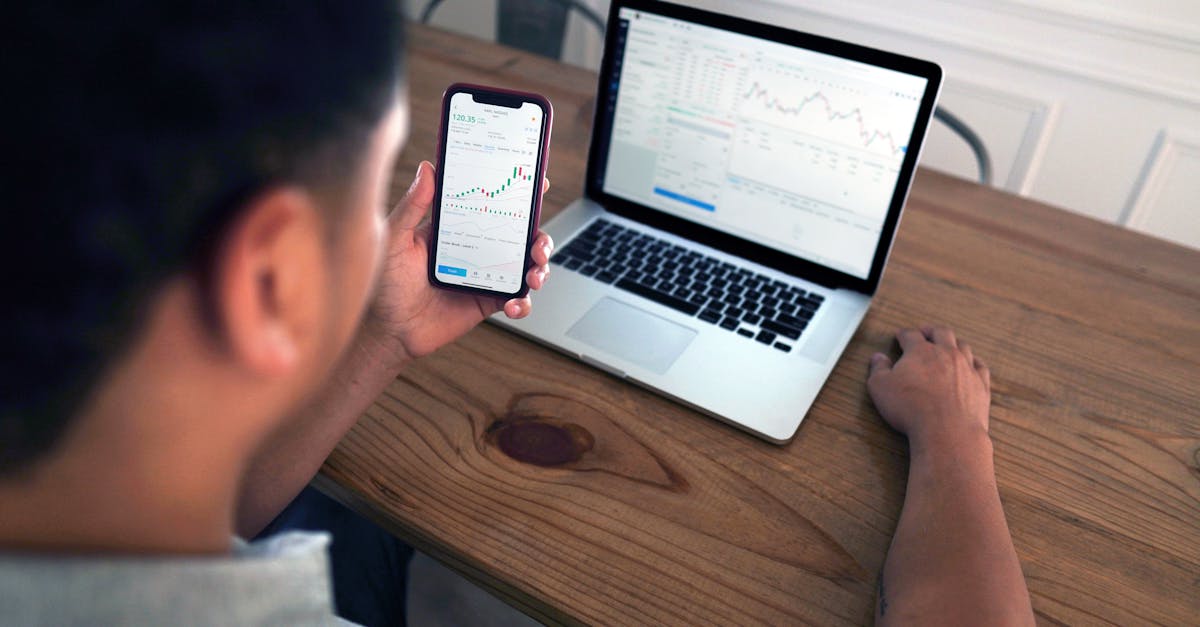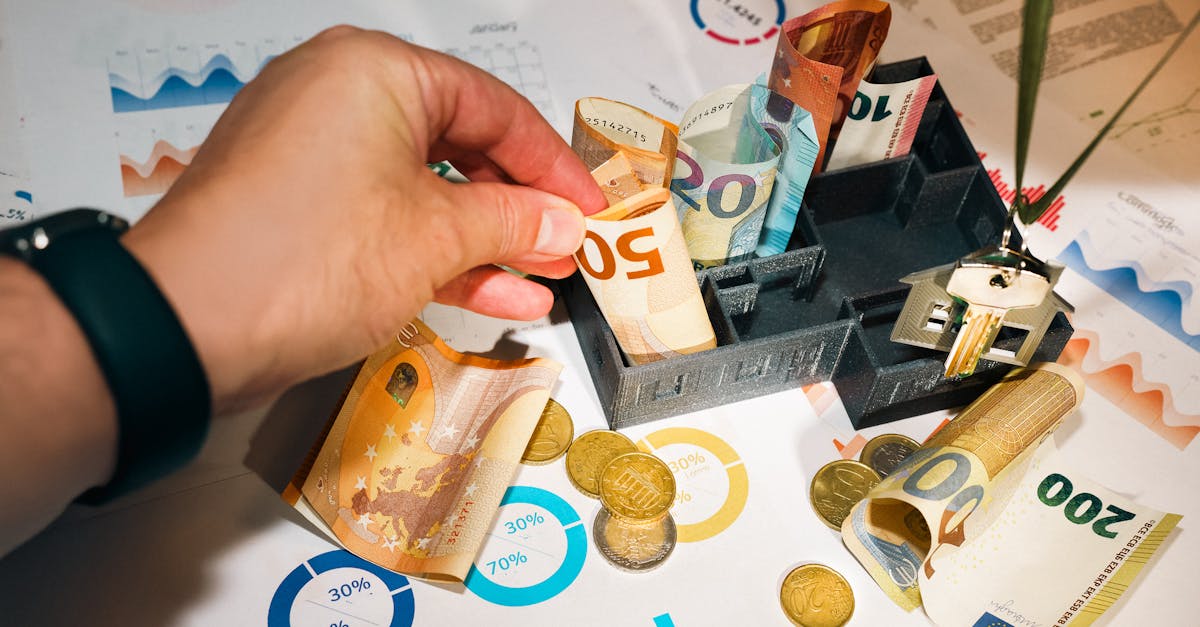Digital Wallets Are They Safe
Introduction
In the age of digital transformation, one of the key evolutions in technology comes in the form of digital wallets. These electronic platforms store payment information securely and allow users to make transactions without physical cash. However, the primary question that arises is: are digital wallets truly safe?
Advertisement
What is a Digital Wallet?
A digital wallet is an electronic device or online service that lets you conduct electronic transactions. These wallets can be on your smartphone or computer and are used for both in-store and online purchases. They store your payment credentials and personal information, providing a convenient alternative to traditional wallets.
Advertisement
Advantages of Digital Wallets
Digital wallets offer immense convenience, as users can pay quickly without handling cash or credit cards. Additionally, they provide seamless integration with other financial services, such as savings accounts and loyalty programs. Many digital wallets also offer rewards and discounts to users, adding to their value.
Advertisement
Potential Risks Involved
Despite their benefits, digital wallets are not without risks. Cyber threats, including hacking and phishing attacks, pose significant dangers to users. Loss of devices or unauthorized access can lead to financial losses, making it essential for users to adopt robust security measures.
Advertisement
Security Features of Digital Wallets
Most digital wallet providers implement advanced encryption and security measures to protect user data. Biometric authentication, such as fingerprint scanning and facial recognition, is frequently used to ensure only authorized access. Additionally, two-factor authentication provides an extra layer of security, making it difficult for intruders to breach accounts.
Advertisement
The Role of Financial Institutions
Banks and financial institutions play a pivotal role in the security of digital wallets. They actively monitor transactions for unusual activity and can quickly freeze accounts if suspicious behavior is detected. Moreover, many offer insurance and fraud protection services to safeguard users against potential losses.
Advertisement
How Users Can Enhance Security
Users can take proactive steps to secure their digital wallets. Using strong passwords, enabling biometric authentication, and regularly updating software are crucial safeguards. It's also essential to avoid using public Wi-Fi networks when accessing sensitive information.
Advertisement
What to Do in Case of Breach
In the unfortunate event of a digital wallet breach, users should immediately contact their providers to secure their accounts. Promptly change passwords and review transaction histories for unauthorized charges. Reporting the breach to authorities and credit agencies can help manage any potential fallout.
Advertisement
Examining the Reliability of Providers
Choosing a reputable digital wallet provider is crucial for ensuring safety. Research and opt for providers with robust security reputations and industry certifications. Reading reviews and understanding the provider's security policies can help users make informed decisions.
Advertisement
Conclusion
Digital wallets present a secure and convenient means of managing finances, provided that users remain vigilant about security. By understanding the risks and adopting effective security measures, users can enjoy the benefits of digital wallets while minimizing threats. As technology evolves, the safety of digital wallets is likely to improve further, facilitating even greater adoption.
Advertisement







